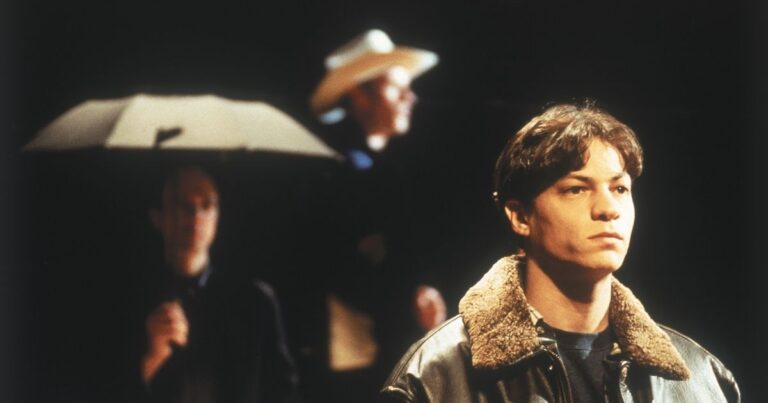
Marsupial madness in NSW coalition
By ALLISON HORE
It was a tumultuous week for the coalition government last week, with the national party threatening to go rogue over opposition to koala habitat legislation.
On Thursday deputy premier and NSW Nationals leader John Barilaro threatened to pull his party out of the coalition if State Environmental Planning Policy (SEPP)s protecting the home of one of Australia’s most iconic animals were not relaxed.
In March this year changes were made to the SEPP designed to protect koala habitats. This included redefining what is considered to be koala habitat after a review of the legislation found that the old definition of koala habitat as breeding females with young and a historical record of the population was impractical to determine. The number of protected tree species was also increased from just 10 to 65.
These changes to planning policies make it easier to declare areas as koala habitats and harder for this land to be cleared for development. Mr. Barilaro thinks the laws are too strict and, on Thursday, threatened to block any new legislation until the laws protecting koala habitat were relaxed.
On Friday morning Mr. Barilaro held a crisis meeting with his ministers and shortly afterwards met with NSW Premier and Liberals leader Gladys Berejiklian. After the meeting it was announced that Mr. Barilaro agreed he and his ministers would stay in the coalition.
But had Mr. Barilaro not backed down during Friday’s meeting, Ms. Berejiklian said she would have created an all-Liberal cabinet. She said it would not be possible for Nationals ministers to support the government in the cabinet whilst sitting on the crossbench.
“It is not possible to be the Deputy Premier or a Minister of the Crown and sit on the crossbench,” she said in a statement on Thursday evening.
“They cannot do both. If required, I will attend Government House tomorrow and swear in a new ministry.”
Speaking at a press conference in Dubbo police minister David Elliott said the move from the Nationals leader was poorly timed while the government is trying to pull the state through the COVID-19 pandemic. He said that the Nationals had not previously raised any concern about the koala protection legislation in the party room.
“It is disgusting to divert attention to something not even on the political radar at a time like this,” Mr. Elliott said.
“Concern should have been raised at the appropriate time, the Premier is focused on getting us through this pandemic, don’t distract from that.”
Support for the Nationals leader seems to be waning amongst Liberal frontbenchers. During a press conference announcing the location of the new Metro stations in Sydney’s Western Suburbs, a journalist pressed transport minister Andrew Constance on whether he supported Barilaro’s leadership. He said he “found it very hard to answer that question”.
Mr. Elliott was even harsher in his take down of the leader, calling him “politically impotent” for the move.
“He threatens to bring down his own Premier over a questionable policy benefiting property developers and when Gladys finally called his bluff, it appears Barra is politically impotent,” he said.
But Nationals ministers have backed their leader, with Nationals frontbenchers Melinda Pavey and Bronnie Taylor saying that Mr. Barilaro has their support.
In response to the stoush and the apparent rift in the NSW coalition, NSW Labor leader Jodi McKay announced that she will put forward a vote of no confidence on Tuesday.
“Today Coalition Ministers are again at each other’s throats,” she said in a statement on social media.
“Instead of focusing on the people of NSW in this unprecedented time of global pandemic and economic crisis, the Liberals and Nationals are completely focused on themselves.”
With koala habitat disappearing at an increasing rate, the beloved-marsupial is expected to go functionally extinct in the state by 2050. In NSW, the destruction of koala habitat increased from a loss of about 11,100 hectares per year in the period from 2004 to 2012, to around 14,600ha annually between 2012 and 2017. This was a 32 percent increase.
The 2019 to 2020 bushfire season also had a devastating impact on the koala population across the state. According to estimates from Australian biotechnology firm Biolink, almost 6400 koalas were killed up to mid-February during fires in NSW.
The legislation on koala habitats which almost tore apart the coalition will be discussed in a scheduled Cabinet meeting next month.









